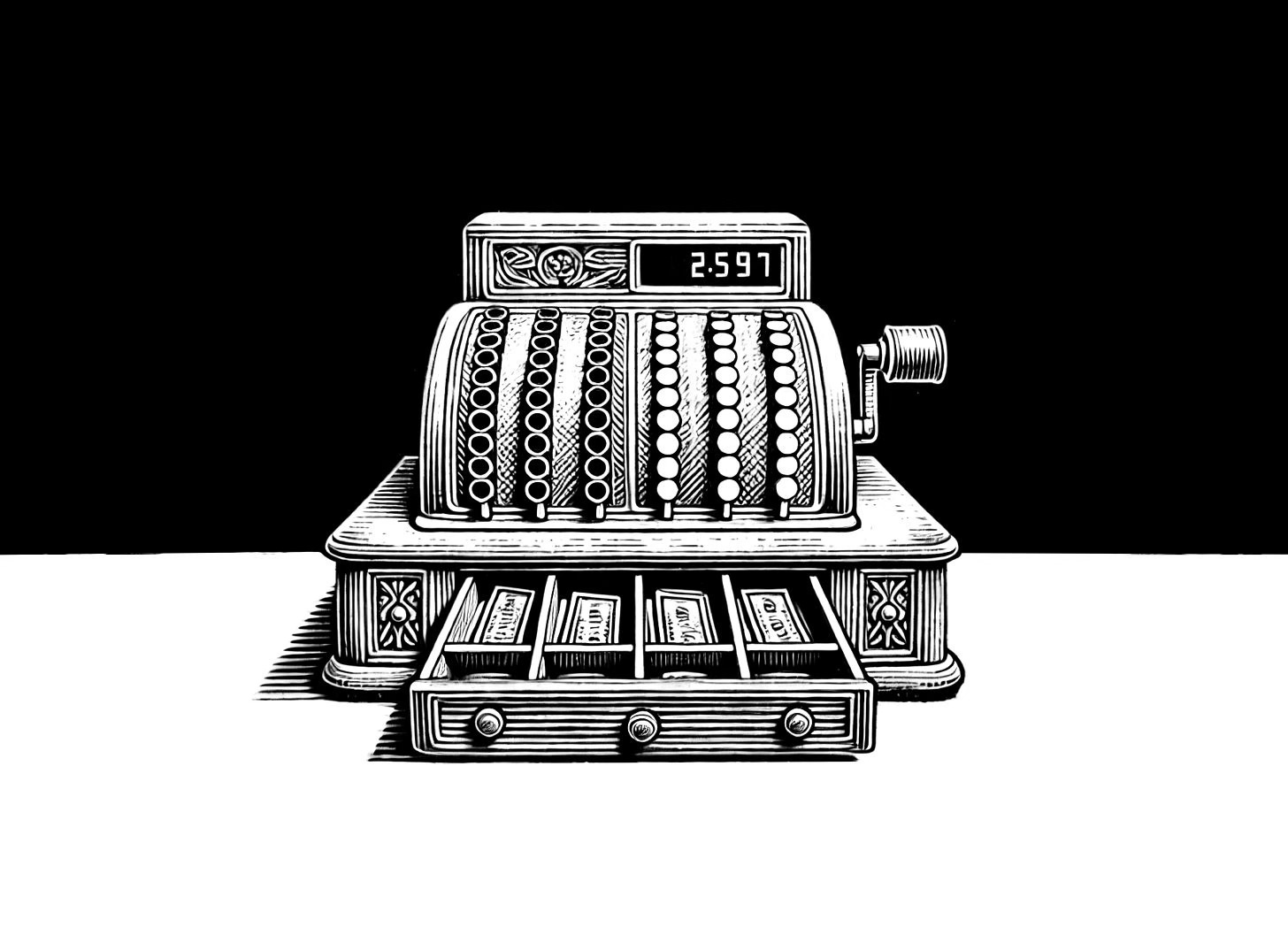How to Ruin Your Civilization
Charlie Munger on ignorant legislatures and the morality of the cash register
As all action follows thought, Tolstoy wrote that “it is almost as important to know what not to think about as it is to know what to think about.” In a similar vein, Charlie Munger often recommended using inversion as a problem-solving technique. One of his favorite stories was that of a rustic who said: “I wish I knew where I was going to die, and then I’d never go there.”1 The point of the story is actually quite profound: when working on a problem or project, it may be easier to figure out what will prevent progress than what will aid it. And if you can identify actions that are sure to result in failure, you can avoid doing them.
Stripe Press recently released a beautiful edition of Poor Charlie’s Almanack, which is a collection of Charlie Munger’s wisdom, delivered in his speeches. The book is definitely worth reading (there is a free online version as well).
Munger covers many principles, so I won’t go over them all here. What I’d like to highlight is one idea that Munger returns to a few times, which is about how one can improve a civilization, or rather—since Munger really likes using inversion—how one can ruin a civilization:
Let’s say you have a desire to do public service. As a natural part of your planning, you think in reverse and ask, “What can I do to ruin our civilization?” That’s easy. If what you want to do is to ruin your civilization, just go to the legislature and pass laws that create systems wherein people can easily cheat. It will work perfectly.
Munger gives the example of a friend of his in the truck trailer market (controlling about 8% of the market at the time), who had to close his factories in California and Texas because of the crippling worker compensation costs. As Munger explains, gaming the system “has been raised to an art form,” which resulted in compensation costs taking up “double-digit percentages of payroll.” The business simply became unprofitable. His friend moved the factory to Utah, and the cost fell to 2% of payroll. “Are the Latinos who were peopling his plant in Texas intrinsically dishonest or bad compared to the Mormons?” asks Munger. “No. It’s just that the incentive structure that so rewards all this fraud is put in place by … ignorant legislatures [that] don’t take into account the second-order effects and the third-order effects in lying and cheating.”
The opposite of this is a system that prevents cheating. One of Munger’s favorite examples is the cash register. John Henry Patterson had a little store, which was unprofitable because his employees were constantly stealing from him. One day someone sold him a simple cash register. The stealing problem was solved at once and the store became profitable. Patterson was so impressed with the new tool that he closed his store and went into the cash register business, founding the National Cash Register company. “So great was the contribution of Patterson’s cash register to civilization, and so effectively did he improve the cash register and spread its use,” says Munger, “that in the end, he probably deserved the epitaph chosen for the Roman poet Horace: ‘I did not completely die.’”
The Stoic sage Epictetus has this story about how one time someone stole an iron lamp from his household shrine. The following day he decided to replace it with a cheaper one made of clay so as to not even encourage theft. “Look at it this way,” says Epictetus, “You have beautiful clothes and your neighbor does not. You have a window and want to give them an airing. The neighbor does not know what man’s good consists in, but imagines it means having beautiful clothes—the opinion you happen to share. It’s a foregone conclusion that he’s going to try and steal them … So don’t provoke them—don’t air your clothes at the window!”2
When ignorant legislatures pass laws and create state programs that are easy to game, they are airing the metaphorical clothes at the window—they are provoking unscrupulous people to act on their base instincts instead of blocking them, which is what the cash register does. The direct effects of these laws or programs may be beneficial, but without looking at the second and third-order effects, the total impact on your civilization cannot be judged. What’s worse, a business can move its factory from California to Utah, or abroad, but a state whose programs are being misused will continue to accumulate debts, taking on more loans and raising taxes to keep itself going.
All quotes by Charlie Munger are from the fourth abridged edition of Poor Charlie’s Almanack (Stripe Press, 2023).
From Epictetus’ Discourses, Robert Dobbin translation (Penguin, 2008).



